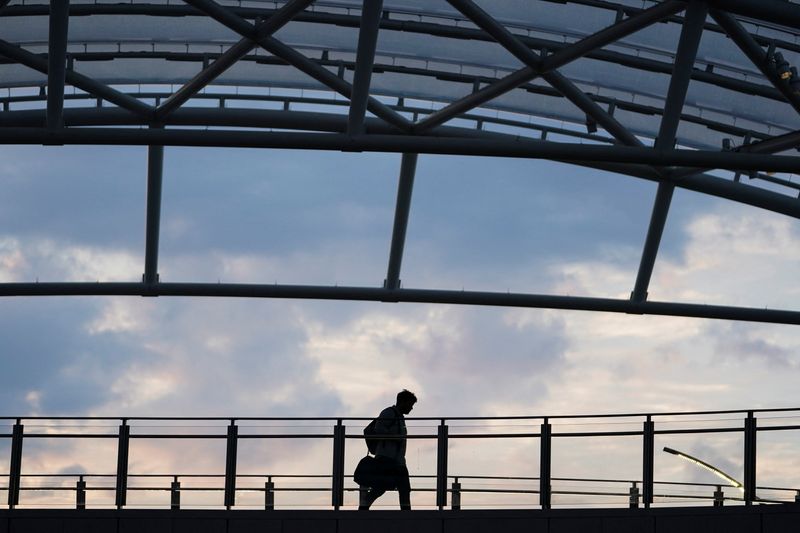By David Shepardson
WASHINGTON (Reuters) -Many airlines will be unable to meet looming U.S. deadlines to retrofit airplane altimeters to ensure they are not susceptible to 5G wireless interference, the world's biggest airline trade body warned authorities, saying it could impact the summer international travel season.
In a letter to the Federal Aviation Administration and Transportation Secretary Pete Buttigieg, seen by Reuters, International Air Transport Association (IATA) Director General Willie Walsh said "many operators will not make the proposed July 2023 (and in some cases the March 2023) retrofit deadline owing to supply chain issues, certification delays,
and unavoidable logistical challenges."
The letter from the IATA, which represents more than 100 carriers that fly to the United States, was dated Feb. 2 and also sent to the chief executives of Boeing (NYSE:BA), Airbus and other aerospace manufacturers.
"It is critical that we acknowledge and accept that fact and move collectively to change our approach to this issue now, before many carriers are unable to continue to serve the U.S. market during the peak summer travel season," the letter added.
The FAA last month said it was proposing a requirement that passenger and cargo aircraft in the United States have 5G C-Band-tolerant radio altimeters or approved filters by early 2024.
Concerns that 5G service could interfere with airplane altimeters, which give data on a plane's height above the ground and are crucial for bad-weather landing, led to disruptions at some U.S. airports last year involving international carriers.
The Transportation Department did not comment, while the FAA said in response to request for comment on the letter "the FAA has made its position clear."
Verizon (NYSE:VZ) and AT&T (NYSE:T) in June voluntarily agreed to delay some C-Band 5G usage until July 1, 2023 as air carriers work to retrofit airplanes to ensure that they will not face interference.
The proposed airworthiness directive is similar to one that took effect in December 2021, prohibiting passenger and cargo flight operations in the vicinity of 5G C-Band wireless transmitters unless the FAA specifically approved them.
The December 2021 FAA directive relied on the voluntary agreement.
The FAA, Verizon and AT&T are now negotiating to reach a new agreement that seeks to extend some voluntary mitigations beyond July 1, sources told Reuters.
The FAA is also proposing a requirement that airlines revise airplane flight manuals to prohibit low-visibility landings after June 30 unless retrofits have been completed on that airplane.
Some airlines have questioned the FAA's cost estimates. The FAA estimated last month the retrofits will cost the industry $26 million and of 7,993 airplanes covered by the directive and the FAA estimates that almost 7,000 airplanes "are already equipped or are being retrofitted.

The FAA plans to hold a briefing on Capitol Hill Tuesday on the 5G discussions for the House Transportation committee said Representative Rick Larsen, the top Democrat on the committee.
Airlines for America, a trade group representing American Airlines (NASDAQ:AAL), Delta Air Lines (NYSE:DAL), United Airlines and others, said last month "carriers are working diligently to ensure fleets are equipped with compliant radio altimeters, but global supply chains continue to lag behind current demand. Any government deadline must consider this reality."